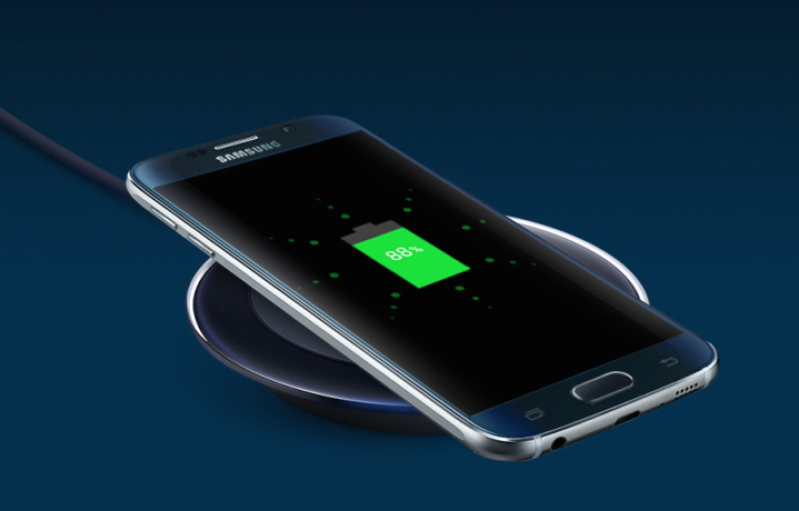
For mobile devices to continue working as they should, they require some form maintenance like recharging to keep the power juice flowing and rebooting. The latter is advised for iPhone and Android handsets at least once a week and users will certainly reap the immediate benefits.
According to Reader's Digest, there are least four reasons why smartphones would thank users for a weekly reboot:
Free up RAM
While operating system is designed to kill idle and background running apps, there will always remain stubborn applications that just refuse to quit, thereby hijacking precious memory resources. When this happens, device lag will ensue and smooth operation will be impossible to achieve.
The ready and best solution available is to restart the device and following the reboot it will be like the handset just came out of the box. Everything becomes good as new.
Buttery smooth
Clearly, too many apps running on a device is not advisable and closing them down will not actually release memory. In most cases, these applications remain on the background and ready to be pulled up when required. When too many of them are in idle mode, device will certainly happen.
But when users decide to restart they will find that the device will magically become buttery smooth as the OS is back to its near original state.
Prevent device freeze
A handset that is dangerously running out of RAM will gradually grind to a halt. If the OS is unable to recover, everything just freezes or the equivalent of system crash on a personal computer. This can be prevented by regular reboots, the effect of which is to refresh the system and give it the space required for optimal performance.
Protecting the battery
There is no argument that among the most important components in a mobile device is the battery. Experts said a smartphone is not too smart with a problematic power source. In fact, Samsung's Galaxy Note 7 was declared dead on arrival last year and mostly the blame was pointed to a faulty battery pack plus some design oversights.
So it's a must to keep a healthy battery and Reader's Digest said regular reboots will contribute in extending a device's battery lifecycle.
Now it's a different story when the issue is prolonging battery life. In a separate report, Reader's Digest said the key is to pinpoint first the so-called battery hogs - the things that drain device battery too rapidly. What follows below are the usual battery killers and the quick fixes:
- Weak signal - Mobile devices automatically search for network connections and more so when signals are absent, which puts undue pressure on battery. When in places where network coverage is erratic it's best to activate the airplane mode.
- Unnecessary active connections and features - Wi-Fi and Bluetooth connections that are turned on but not in use is a waste of battery. Like a light that is not needed, turn off these connectivity features when not in use to save battery and the same applies for the geo location services.
- Notifications galore - Alerts consume battery and they can be trimmed down or deactivated altogether.
- Mind the temperature - Extreme temperature will kill the battery, meaning too hot or too cold is not an optimal environment for mobile device use.







